Cambodia hosted on Monday a groundbreaking ceremony for Funan Techo Canal, a $1.7 billion project that will link the country's capital Phnom Penh to the sea.
The 180-kilometer waterway will be a catalyst for economic growth and trade development when it is completed in 2028, said Cambodian Prime Minister Hun Manet at the groundbreaking ceremony held in Kandal Province.
"The Funan Techo Canal … will help enhance Cambodia's economic autonomy through strengthening national independence and ownership in transporting cargoes by waterway," Hun Manet said, as cited by Xinhua News Agency.
The project will also facilitate Cambodia's trade exchange with the world, he said.
Beginning from the Mekong River's Preak Takeo tributary in Kandal Province, which surrounds Phnom Penh, the project will run through Takeo and Kampot provinces before reaching the coast in southern Kep Province.
Initial planning shows the two-lane waterway will be 100 meters wide and 5.4 meters deep, and capable of accommodating cargo vessels of up to 3,000 deadweight tons.
It is set to play a key role in the kingdom's aspiration to transform itself into a new logistics and economic hub in the Mekong subregion.
Hun Manet said the project will help attract investments in industry, agriculture, logistics, real estate, and other sectors on both sides of the canal.
Environmentally friendly
Sun Chanthol, Cambodian deputy prime minister and first vice-president of the Council for the Development of Cambodia, said the canal will not have any adverse environmental impact.
Instead, he said, it will help maintain a stable environment, ecology, and natural habitat for biodiversity.
More than 10,000 people attended the groundbreaking ceremony.
Different celebrations were held across Cambodia, with concerts and traditional performances commemorating the event.
Mey Kalyan, an adviser to the Cambodian government and senior adviser to the Supreme National Economic Council of Cambodia, told China Daily that the canal project will contribute greatly to Cambodia's water management.
With most of Cambodia's land area lying within the Mekong River basin, Mey said water management is extremely important to control flooding as well as to make sure water is available for use in the dry season.
Floods have posed a recurrent threat to Cambodia as seasonal rains push the levels of the Mekong higher.
In 2011, flooding caused more than $625 million in economic losses and catastrophic damage to rural infrastructure, according to the Asian Development Bank.
Mey said the canal project will help Cambodia enhance flood control and improve transport, which will eventually create favorable conditions for agriculture, investment, trade and other economic activities.
"It will open up a new horizon for the development of Cambodia," said Mey.
In a commentary published in the Khmer Times newspaper website on Monday, Yen Samnang, a research fellow at the Phnom Penh-based Asian Vision Institute think tank, said the canal project is deemed to foster regional connectivity and economic integration.
"The project is truly in line with Cambodia's values of sustainability, innovation, and global cooperation," he wrote.













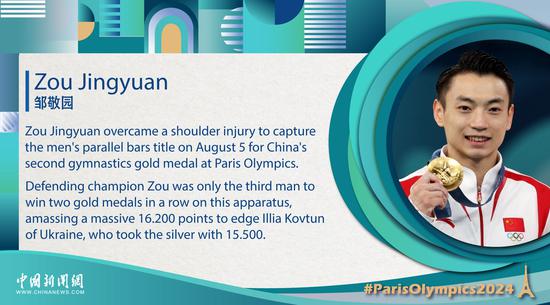







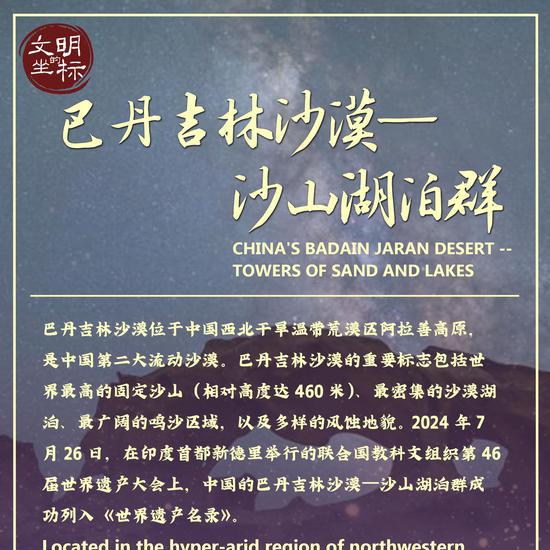

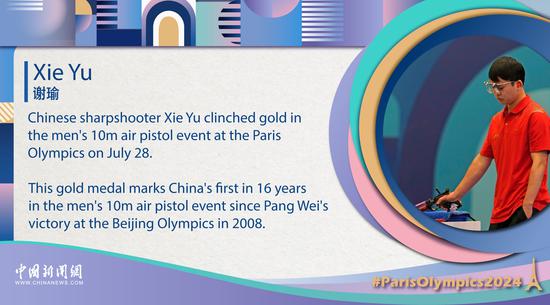

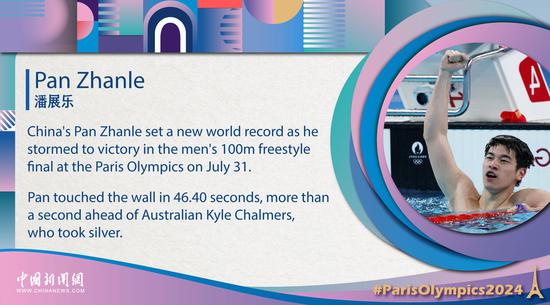

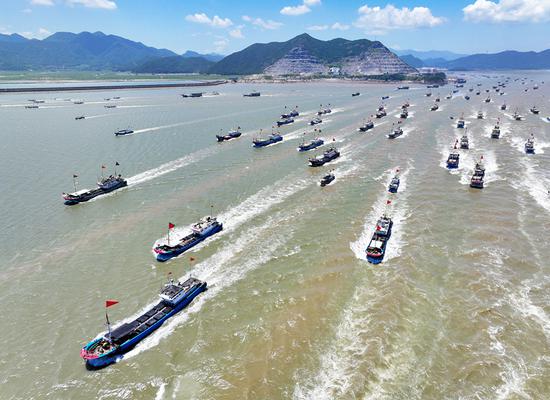

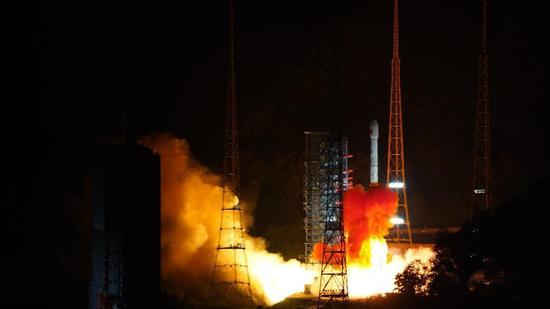







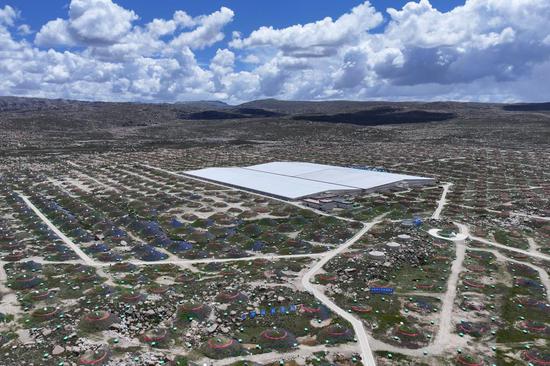

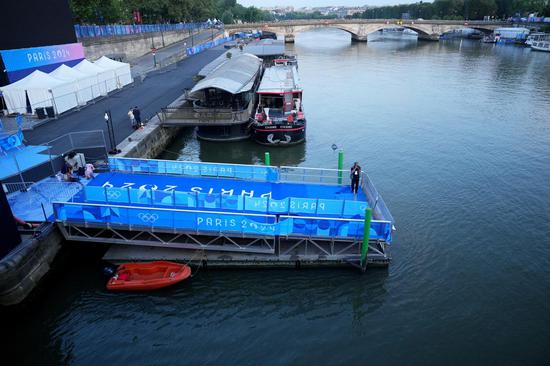





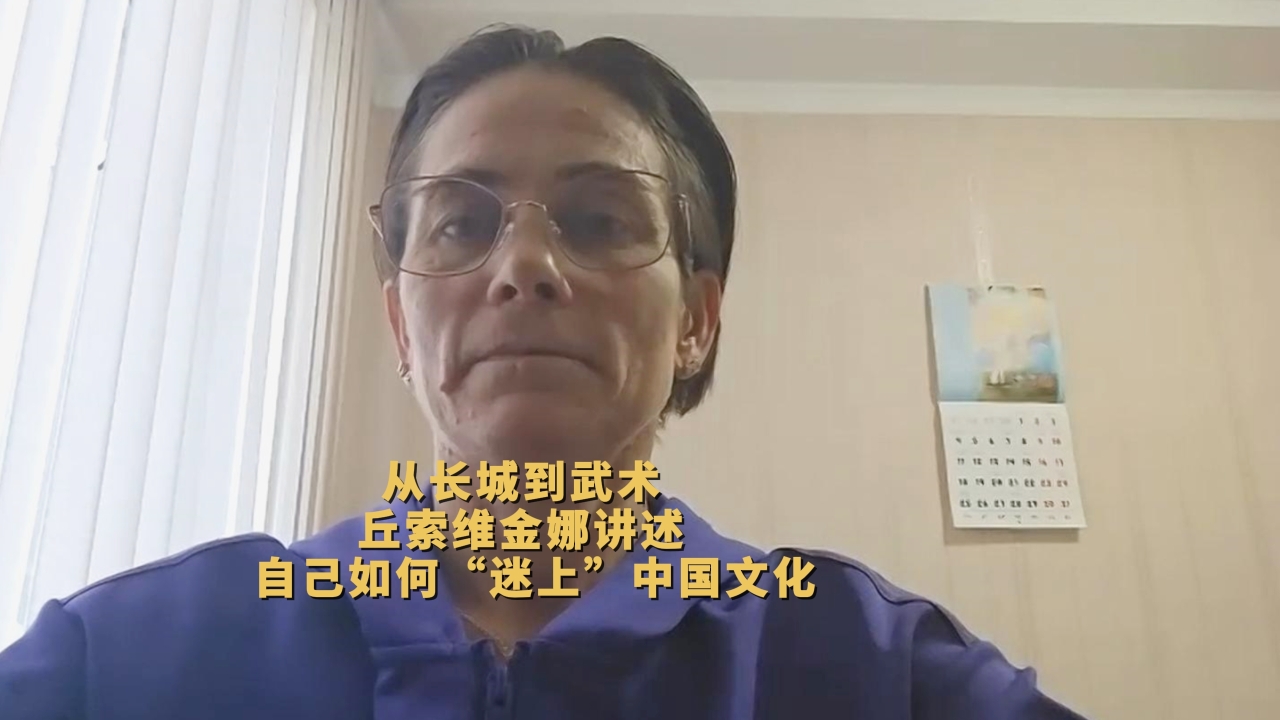

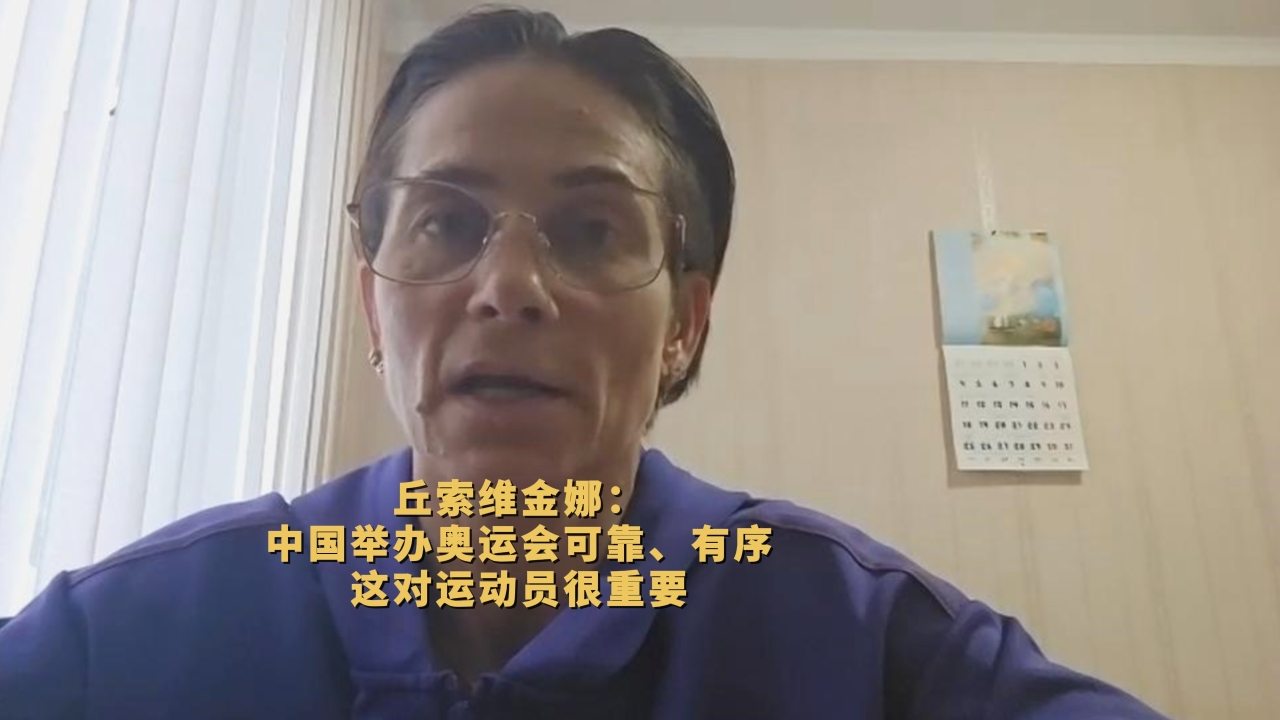

 京公网安备 11010202009201号
京公网安备 11010202009201号